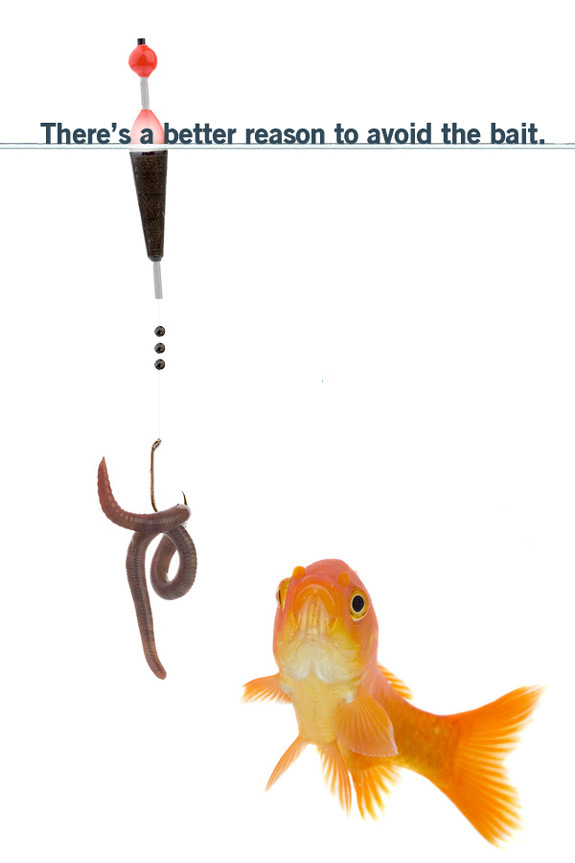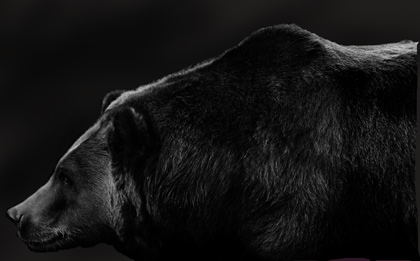Why avoiding sin's consequences isn't the point.
 Wednesday, August 29, 2012 at 9:54AM
Wednesday, August 29, 2012 at 9:54AM  .........................................................................................................................
.........................................................................................................................
 A family member said to me that he never wanted to find himself in the situation David got into with Bathsheba. My relative would do all he could to avoid the consequences of sin, rather than risk falling into temptation and it's aftermath. As we talked, I sensed this was how he lived his life: "Avoid sin and the judgement that follows." Stay clear of sin's allure because you don't want to pay the piper.
A family member said to me that he never wanted to find himself in the situation David got into with Bathsheba. My relative would do all he could to avoid the consequences of sin, rather than risk falling into temptation and it's aftermath. As we talked, I sensed this was how he lived his life: "Avoid sin and the judgement that follows." Stay clear of sin's allure because you don't want to pay the piper.
While there is the command to flee from sin, and to be self-controlled [Which is to say, be "Spirit-led"], I think there's a better alternative to the "stay out of trouble, avoiding the consequences" model:
God's unhindered affection is a much better reason not to sin than the fear of consequences or judgement is.
- It's better to avoid sin because you're well-loved and have the real thing, not needing sin's false promise.
- It's better to be obsessed with how well regarded you are by our Father, than to become preoccupied with consequences and outcomes.
Love covers a multitude of sins.
- It's better to indulge the striking goodness of your new and noble heart; than to allow fear to overshadow your God-hearted nature.
Delight is stronger than judgement: Affection reassures where fear accuses.
 delight,
delight,  sin-avoidance,
sin-avoidance,  sin-management in
sin-management in  assumptions that shape us,
assumptions that shape us,  fear,
fear,  grace,
grace,  new heart
new heart  Permalink
Permalink 


















